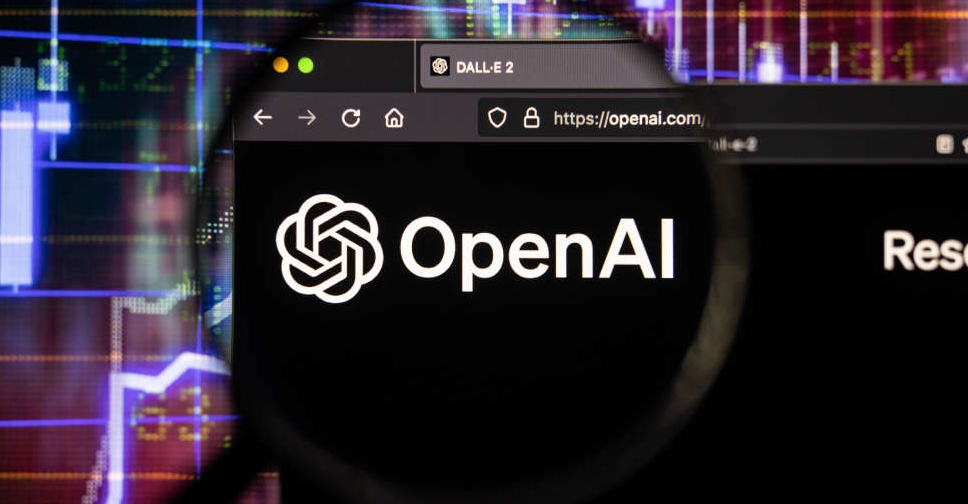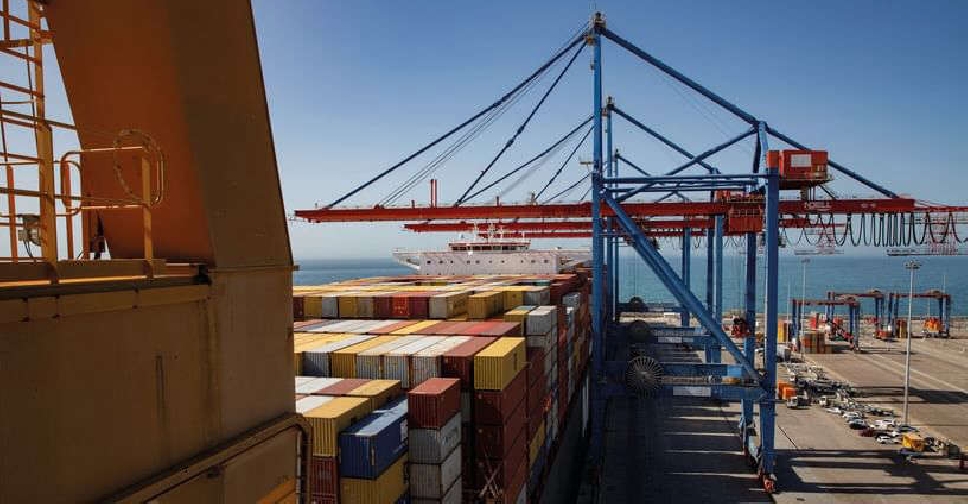
OPEC’s decision in September to reverse its policy of unfettered production and cut oil output to boost prices may be at odds with the industry’s most important long-term trend: demand for what they produce could start falling within 15 years. If rapid improvements continue in renewable energy, electric vehicles and other disruptive technologies, petroleum consumption will peak in 2030 and decline thereafter, according to a report from the The World Energy Council. As the globe’s largest producers gather in London this week for the Oil and Money conference, they might want to check their assumption that the market will grow for decades to come. The plunging cost of renewable energy - with solar module costs falling 50 per cent since 2009 - is already upending the business model of utilities. Disruption could spread to the oil industry as electric vehicles become more economical than gasoline or diesel cars, potentially displacing millions of barrels of daily fuel use by the late 2020s. Projections for decades of demand growth that underpin investments in oil projects could be misplaced. "Given the advances in battery technology, by 2030 carbon-powered vehicles will be the exception rather than the norm. This will inevitably impact on oil demand," said Alex Blein, London-based energy portfolio manager at Amundi, which holds more than $1 trillion of assets.



 IDC 2025 discusses global disruptions, defence preparedness
IDC 2025 discusses global disruptions, defence preparedness
 Dubai Energy Council reviews carbon emissions progress
Dubai Energy Council reviews carbon emissions progress
 OpenAI board rejects Musk's $97.4 billion offer
OpenAI board rejects Musk's $97.4 billion offer
 AD Ports Group reports net profit of AED 1.78 bln
AD Ports Group reports net profit of AED 1.78 bln


